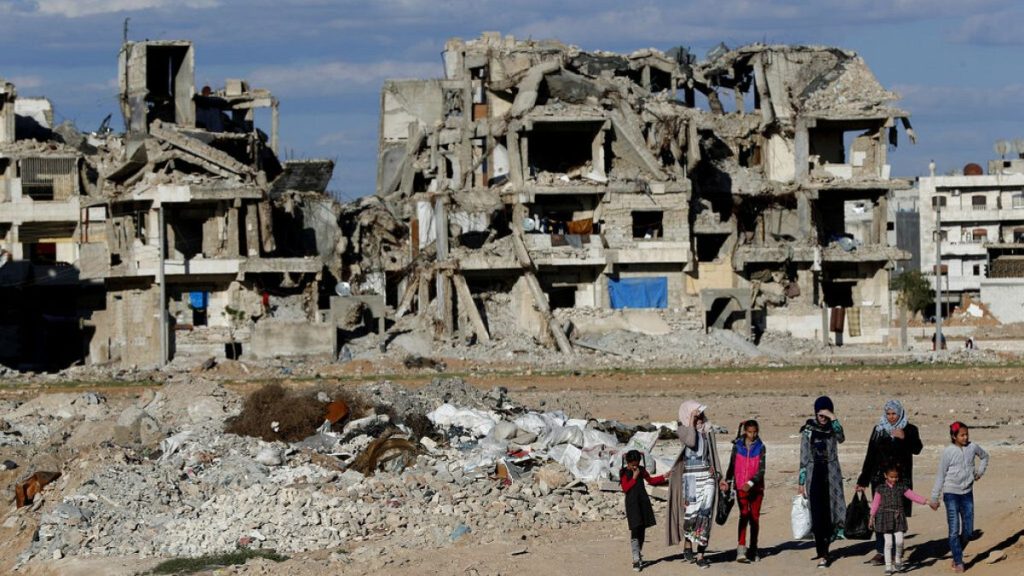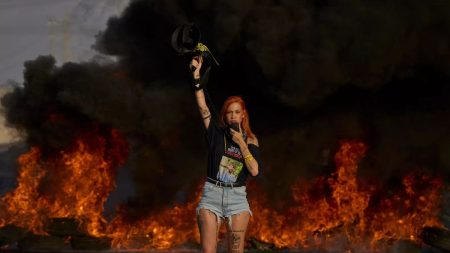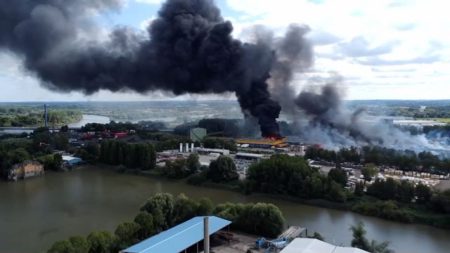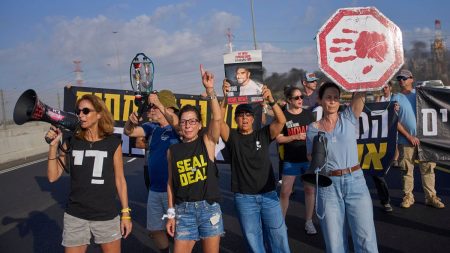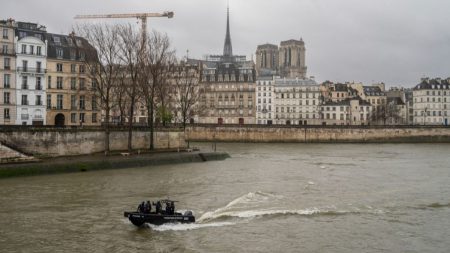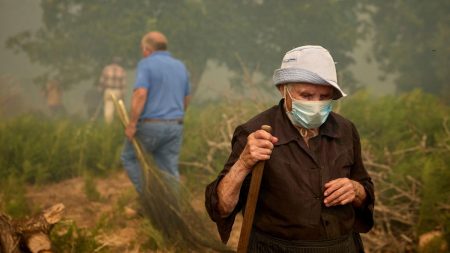The devastating car bomb explosion on the outskirts of Manbij, a city in northern Syria, claimed the lives of fifteen individuals, fourteen of whom were women, and left several others injured. The attack occurred when a car bomb detonated next to a vehicle transporting agricultural workers, causing widespread carnage and highlighting the persistent instability plaguing the region. The bombing was the second such incident in Manbij within a mere three days, following a Saturday explosion in the city center that killed four civilians and injured nine others. While no group immediately claimed responsibility for the Monday attack, the city has been a flashpoint for conflict between various factions vying for control in the aftermath of Bashar al-Assad’s removal from power.
Manbij, located east of Aleppo, has become a strategically significant location in the ongoing Syrian conflict. Its proximity to the Turkish border makes it a desirable territory for Turkey, which seeks to establish a buffer zone against Kurdish forces. The Syrian National Army (SNA), backed by Turkey, and the Syrian Democratic Forces (SDF), supported by the United States, have clashed repeatedly over control of the city. The SNA wrested control of Manbij from the SDF in December as part of Turkey’s broader strategy to secure its southern border. This volatile environment has left civilians vulnerable to violence and underscores the challenges in establishing lasting peace in the region.
The recurring acts of violence in Manjib demonstrate the fragility of the situation in Syria, even after the removal of Bashar al-Assad. The rapid fall of Assad’s regime, following a swift rebel offensive in early December, did not usher in an era of peace as many had hoped. Instead, it created a power vacuum, leading to increased competition and clashes between different armed groups vying for territorial control and influence. The presence of international actors, such as Turkey and the United States, backing opposing sides further complicates the situation, fueling the cycle of violence and hindering efforts to establish a stable and unified Syria.
The tragic loss of life in Manbij serves as a stark reminder of the human cost of the ongoing Syrian conflict. The targeting of civilians, particularly women in this instance, underscores the brutality and indiscriminate nature of the violence. The incident also highlights the vulnerability of vulnerable populations, such as agricultural workers, who often become unintended victims of the conflict. The repeated bombings in Manbij demonstrate the urgent need for a comprehensive and sustainable peace process that addresses the root causes of the conflict and protects civilians from further harm.
The volatile political landscape in Syria is further complicated by the rise of various factions and their shifting alliances. The Syrian National Army (SNA), an umbrella group of rebel factions supported by Turkey, has been instrumental in challenging both the Assad regime and Kurdish forces. Meanwhile, the Syrian Democratic Forces (SDF), a predominantly Kurdish alliance backed by the United States, has played a crucial role in combating ISIS but faces opposition from Turkey, which views them as a threat. These competing interests and alliances create a complex and unpredictable environment, making it difficult to achieve a lasting resolution to the conflict.
The appointment of Ahmed al-Sharaa as interim president by Syrian opposition factions further illustrates the complex political dynamics at play. Al-Sharaa, a former rebel leader whose organization, Hayat Tahrir al-Sham (HTS), was once affiliated with al-Qaeda, now heads the interim government. His ascendance to power raises concerns about the future direction of the country and the potential influence of extremist groups. The international community faces the daunting task of navigating these intricate political realities and working towards a solution that promotes stability, security, and ultimately, peace for the Syrian people.




